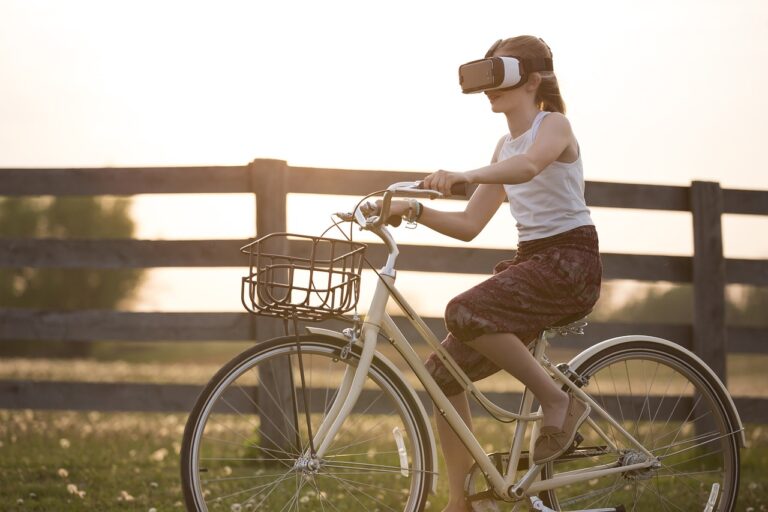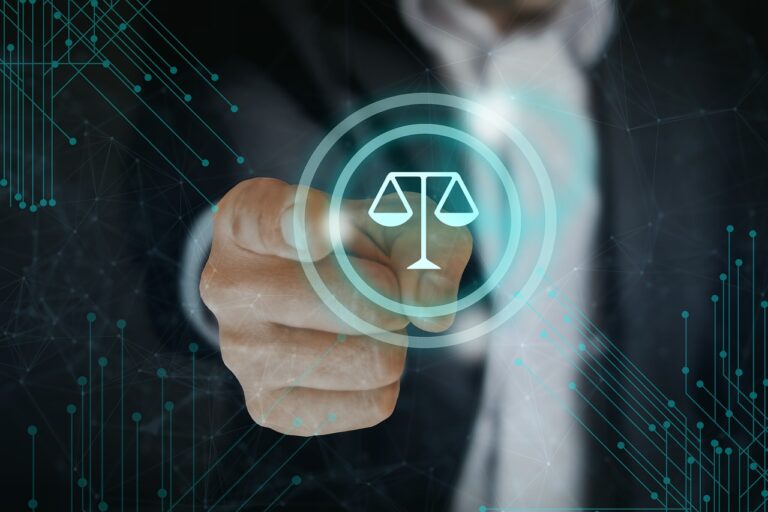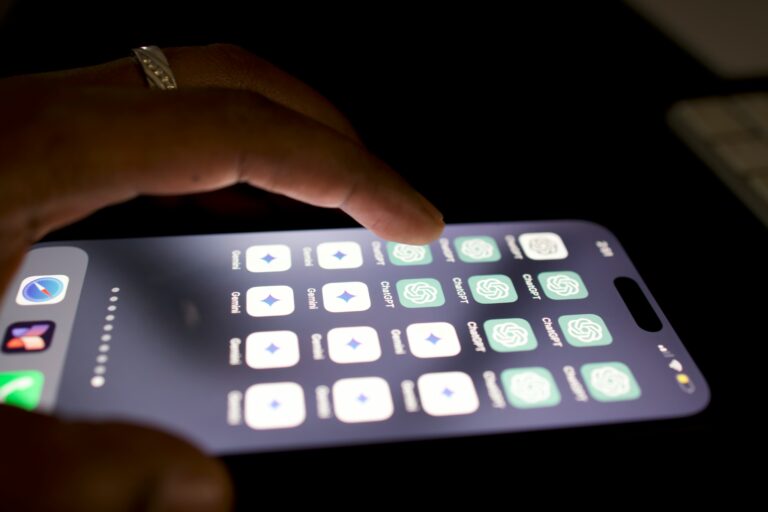With the increasing sophistication of artificial intelligence it is now being use to create content across different sectors. From AI generated art and music to writing services and software coding, AI is now generating creative works that were once considered to be the domain of humans. But that creates a fundamental problem: who owns the output of AI? The use of artificial intelligence in copyright law is still in the developmental stage. Traditional copyright laws were protect human creators but they don’t always fit AI works. Global legal systems must therefore find a way to address issues of authorship, intellectual property rights, and ownership as the technology of AI keeps on evolving. This article delves into the legal and ethical issues of AI-generated content, the various national positions on this issue, and the future of AI and copyright.
The Legal Issues Of Ai And Copyright
Copyright law is there to protect the creative works of human beings. Traditionally, copyright is a property right that is available to the creator of the work and includes the right to reproduce, distribute and show the work and to sell copies of it. But then, there is AI, which poses a problem to this system since it was not directly produced by a human being.
Key legal challenges include:
- Authorship and Ownership: Can AI be classified as an author of a work, or is the owner the user who instructed AI to create the work?
- Derivative Works: If AI is trained on existing copyrighted works, is the product original or is it derivative and infringing on existing copyrights?
- Fair Use and Training Data: Many AI models are trained on a huge amount of data that is readily available to the public. Is such training a fair use of the copyrighted materials or is it a violation of copyright law?
These issues are still mostly unsolved and different countries have reacted to them in different ways.
How Different Countries Handle AI-Generated Copyright
Various legal systems around the world have different positions regarding the question of copyright of the works created with the help of AI. Here’s how some key regions are approaching the issue:
- United States: The U.S. Copyright Office has come up with a decision that AI generated works cannot be copyrighted if there is no substantial human input in the generation of the work. Courts have also argued that copyright protection only applies to the works of human authors.
- European Union: The EU has been more hesitant, calling for more transparency and responsibility. Discussions are ongoing, but copyright laws have not been changed to reflect the use of AI-generated content.
- United Kingdom: The UK has admitted that there are problems with AI-generated content but has not yet defined copyright laws for such content. Some suggestions are to issue rights to the creators of AI platforms rather than the users.
- China: China has been more active in acknowledging AI generated content and has provided copyright protection in some instances. However, there is no surety of enforcement and consistency.
As the AI technology is progressing, governments will have to come up with better legal frameworks to deal with issues concerning the ownership of the content created by AI.
Who Owns AI-Generated Content
Following are the arguments made on who should own the AI generated works:
- The AI Developers: One view is that AI content creators should own the output of their creation since they are the creators of the algorithms that power content generation.
- The End Users: Others opine that the individual who provides the input and the prompt that instructs the AI on what to create should be the owner of the output.
- No One (Public Domain): There are those who have suggested that AI created content is essentially ownerless and should be in the public domain.
- Joint Ownership Models: A middle ground between these two positions is that AI developers and users could each hold some rights to a work, based on how much each contributed to the finished product.
Because AI content is essentially generated without a clear human author, courts and policymakers must decide how to award ownership rights fairly.
The Ethical Debate: Is AI Theft of Work from Human Creators?
An important topic that has recently emerged in connection with AI and copyright is the ethics of AI-generated works. It is a concern that many AI models are trained on huge datasets of copyrighted material, which is a form of intellectual property theft.

Some key ethical concerns include:
- Uncredited Use of Creative Works: Images, music or text, AI systems generate by analyzing existing works, without having to pay or credit the original authors.
- Job Displacement: AI created content is becoming more available which can threaten employment of human artists, writers, and musicians in industries that can produce content quickly and at lower costs.
- Lack of Originality: Ais are able to create outstanding works, but critics claim that the innovation is lacking since AI simply learns from existing data and is incapable of generating novel ideas.
These ethical debates highlight that transparency may be needed and there could be a need for regulatory measures to ensure that human creators are not taken advantage of by AI generated content.
Future Solutions for AI and Copyright Protection.
As AI continues to advance, so must the legal and policy responses to copyright issues. Some of the possible solutions include:
- New Legal Categories of AI-Generated Works: There is a proposal to establish a new category of intellectual property rights for AI created works.
- Licensing Agreements: It is possible that AI developers could enter into licensing agreements in order to pay the original creators of the data used to train the AI models.
- Watermarking of AI Generated Content: The watermarking feature may be useful to tell AI generated from human generated works.
- Ethical AI Development Practices: Companies should ensure that their AI models do not infringe on copyright and rather use licensed, fair-use, or original data for training purpose.
These solutions can assist in equitably balancing innovation and creativity in the legal and business worlds.
AI content is impacting and changing the world of creativity, ideas, and copyright. AI is incredibly enabler but there are significant legal and ethical issues that come with it. The current legal frameworks do not recognize AI as an author which means that works created by AI are not as protected by copyright as those made by people. But as the AI technology is developing, the lawmakers all over the world will have to set more specific rules that will define the relations between innovation, equity and intellectual property. The present discourse on AI generated content ownership is not complete, yet it is evident that: As the use of AI is likely to increase in the future, this paper concludes that the legal and ethical issues that come with it cannot be ignored. For now, companies, content creators, and legal advisers must tread carefully in the grey area of copyrighting content developed with the help of AI.



